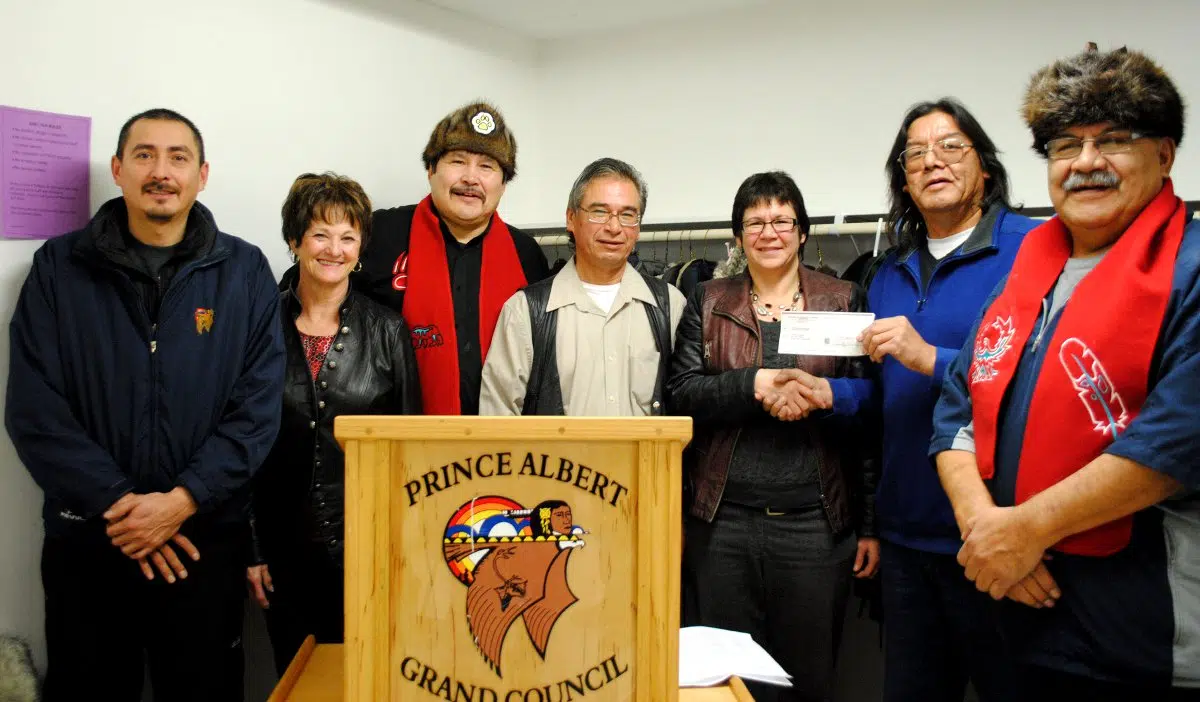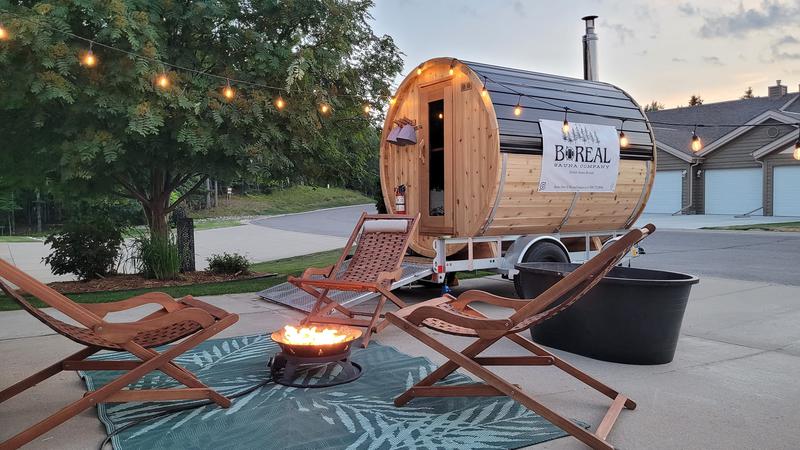
Cold Weather Shelter program launches Monday
A new kind of emergency shelter program will launch on Monday that’s geared towards helping those who aren’t able to access a shelter because they are intoxicated.
The Cold Weather Shelter program will operate out of the YWCA of Prince Albert’s Our House on 15th Street East during the cold weather months of October to April. There will be 10 beds available in the basement of Our House.
The Province of Saskatchewan will be contributing $40,000 in funding to the program, which goes towards its operation through until April 2014. The Prince Albert Grand Council [PAGC] has directed the Northern Lights Community Development Corporation to contribute $50,000 to the Cold Weather Shelter program as well. Local, provincial and First Nations officials were all on hand for Friday’s announcement.
The overnight shelter will operate from 8 p.m. to 8 a.m., and while it’s geared towards people who are intoxicated, anyone who needs to access the shelter beds will be able to do so, said Donna Brooks, CEO of the Prince Albert YWCA.






